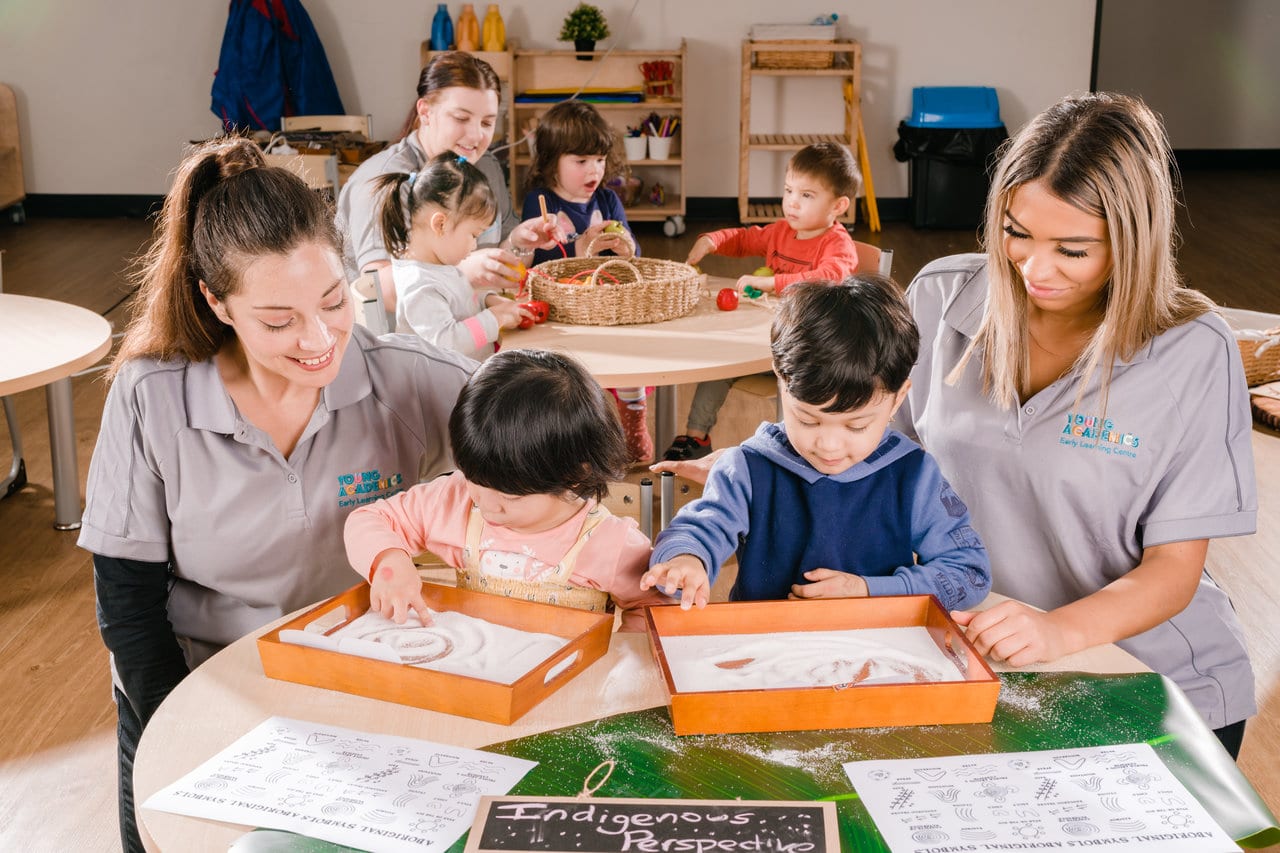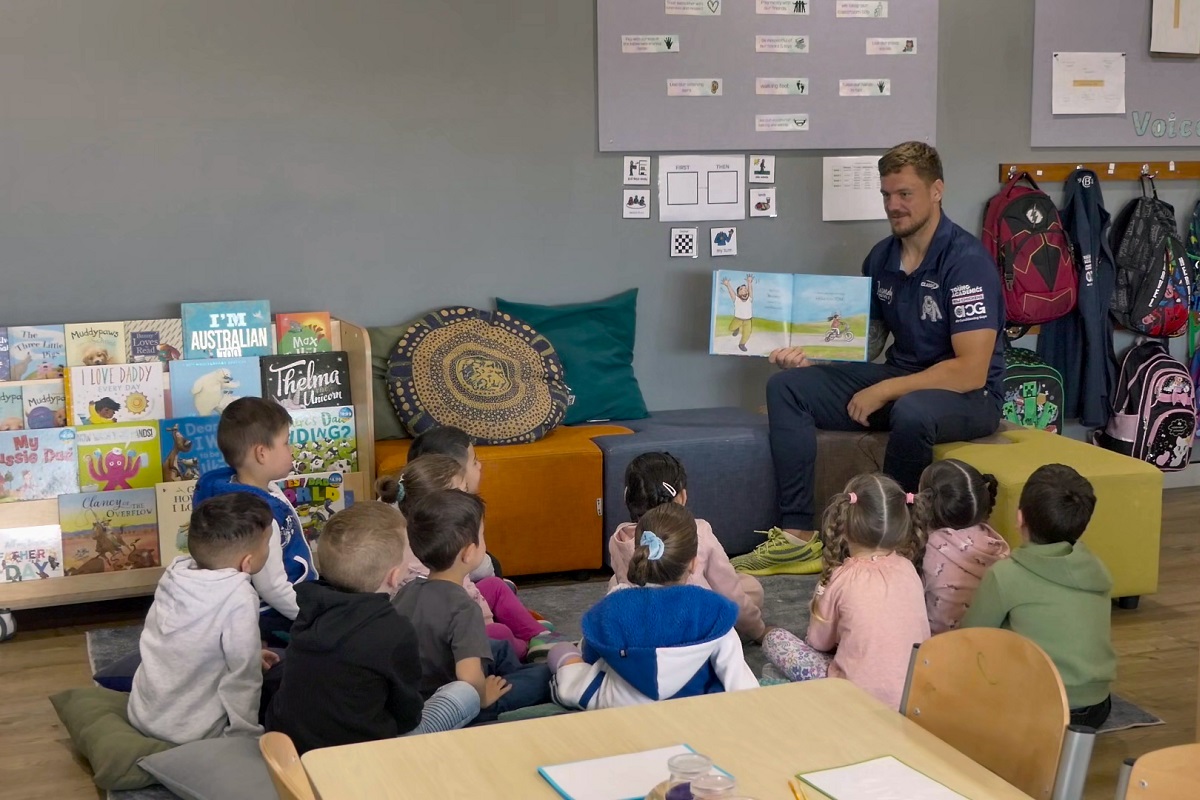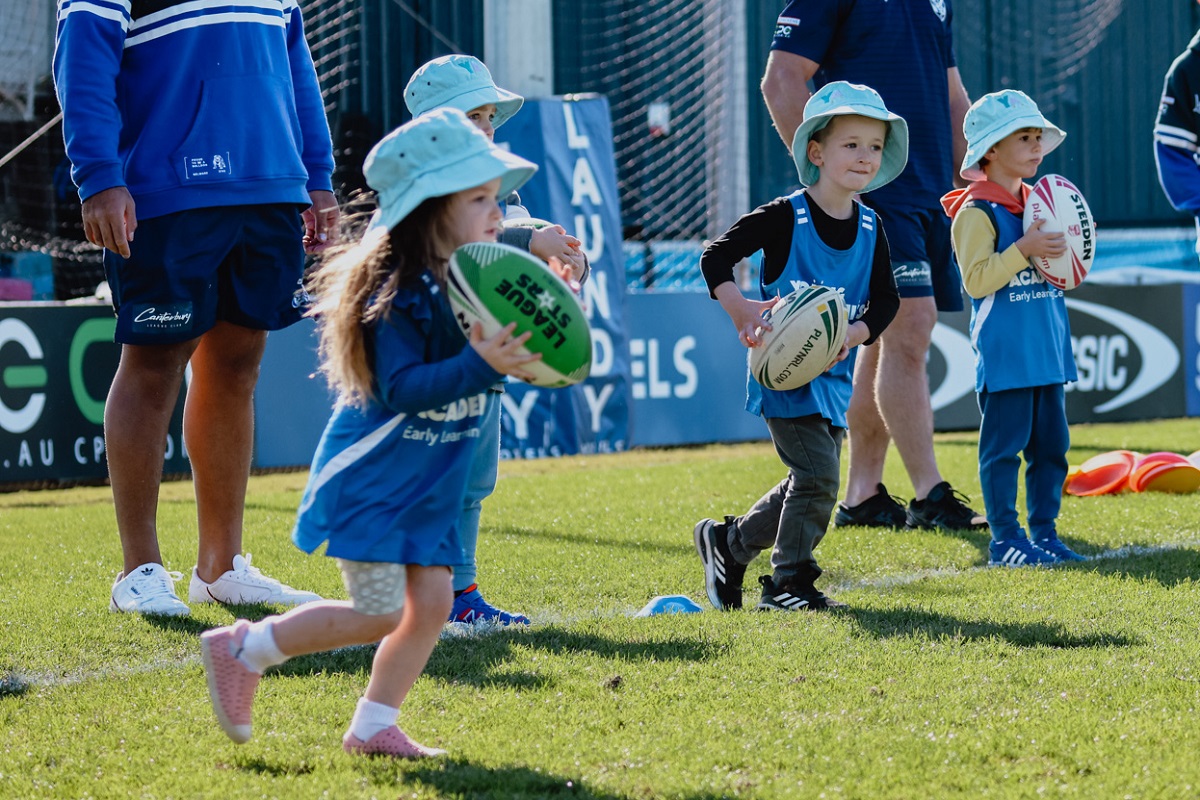Storytelling was part of everyone’s childhood. It’s one of the oldest and purest forms of teaching and gives you, as parents, an opportunity to spend valuable time with your child. At Young Academics, we make a conscious effort to integrate it into your child’s daily routine. In early childhood education, storytelling is not only an effective way of grasping the attention of children but also has many developmental benefits.
For storytelling, reading books is not the only form. Here are a few other forms of storytelling that we incorporate at our early learning centres.
- Nursery rhymes
- Songs
- Picture books
- Cultural stories
- Fables
- Storytelling with puppets or other characters
- Personal (or a child’s) experiences
While we utilise these mediums at our childcare centres, they can also be used at home with your child. Spend some quality time with your little one by using one of the above forms of storytelling. You’ll be fostering their development while also experiencing special moments with your child. This is the main reason why we incorporate this into our daily routines at our childcare centres. Here are some of the benefits of storytelling in early childhood education.
Benefits of storytelling in early childhood education
Improves language skills
Reading is not the only way to encourage your child’s language development skills. Storytelling is a fun way for your child to get accustomed to hearing different words, syllables and sounds that they may not have normally heard in regular daily conversations. If you are storytelling, your child will understand the pronunciation of words and begin to recognise how sentences should sound and be organised. If they are reading, their verbal language will improve as they will be engaging in longer sentences than usual with unfamiliar words—a key element of expanding their vocabulary. Alternate between you and the child for a well-rounded gain of benefits.
Boosts memory
This is a particularly important benefit that occurs when storytelling to your child. When listening to a story, children will have to remember the plot, characters and important details. This is not a frequent occurrence in their daily lives as conversations with adults are usually directive or descriptive while with other children it can be limiting. After the storytelling, our carers build on the benefit of memory-learning by asking questions about the story. This encourages children to pay attention along the way and to actively try to remember the storyline.
Fosters imaginative, creative thinking and cognitive skills
Storytelling to children without the addition of illustrations or any other visual aid allows them to imagine characters and settings. This is important for their creative and imaginative thinking. Instead of a video or image doing the work for them, children instead, are forced to think of it themselves. Additionally, when reading plots to children, depending on the plot, they begin to ask themselves questions. Questions such as, “Who did it?”, “Why did he do it?” or “Is he going to do it?” will start to play in their minds. Naturally, they will try to figure it out themselves. Here, critical thinking about situations described in storytelling is introduced and is important for developing this skill later on.
Encourages enthusiasm for learning, writing and reading
Storytelling, regardless of what medium, is a fun and interactive activity for children. As they learn through the process and content of storytelling, children begin to learn to love learning and associate it with a fun activity. This is important for encouraging a healthy perspective on learning and school later on in life. It also teaches children key skills for their later years in school such as being able to sit and listen, critical thinking and comprehension.
Develops cultural and moral understanding
Depending on the content of the storytelling, children can learn valuable cultural and moral lessons. Fables integrate morals in creative ways that are usually quite receptive to children. Additionally, some stories explain the cultures of different places and people. Children also learn to explore their own cultures and begin to develop an understanding that people come from different backgrounds, religions and countries.
At Young Academics, we strive to provide a holistic environment for learning and development for your child. This is why we incorporate storytelling into your child’s daily routines. We understand that learning and development can come from every part of a child’s life—storytelling is just one fun and enjoyable way.
Our licensed and professional staff are dedicated to ensuring that your little one is provided with the best education and experience. For more information about our centre. Contact us today on 1300 668 993.



 BACK
BACK



